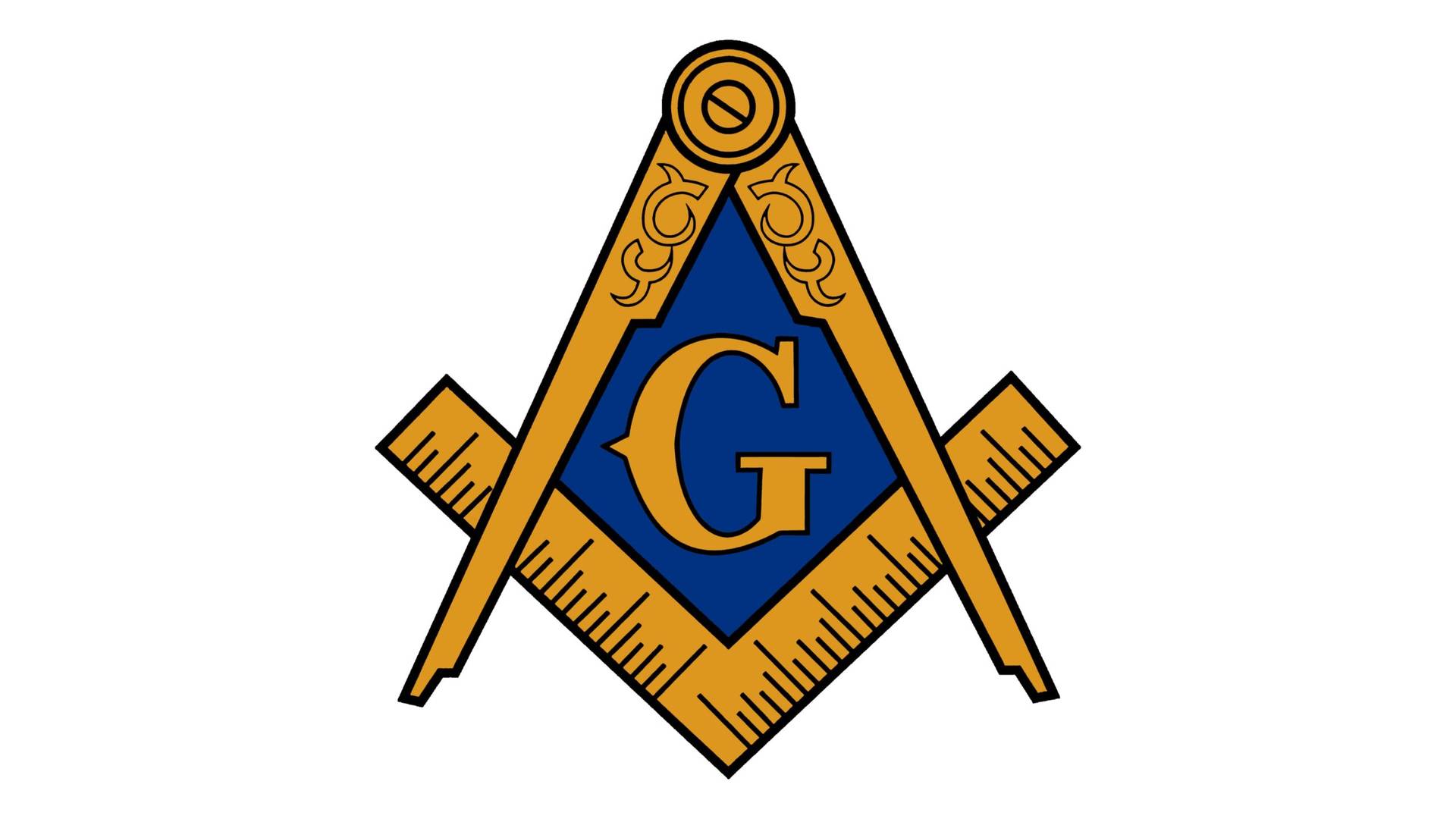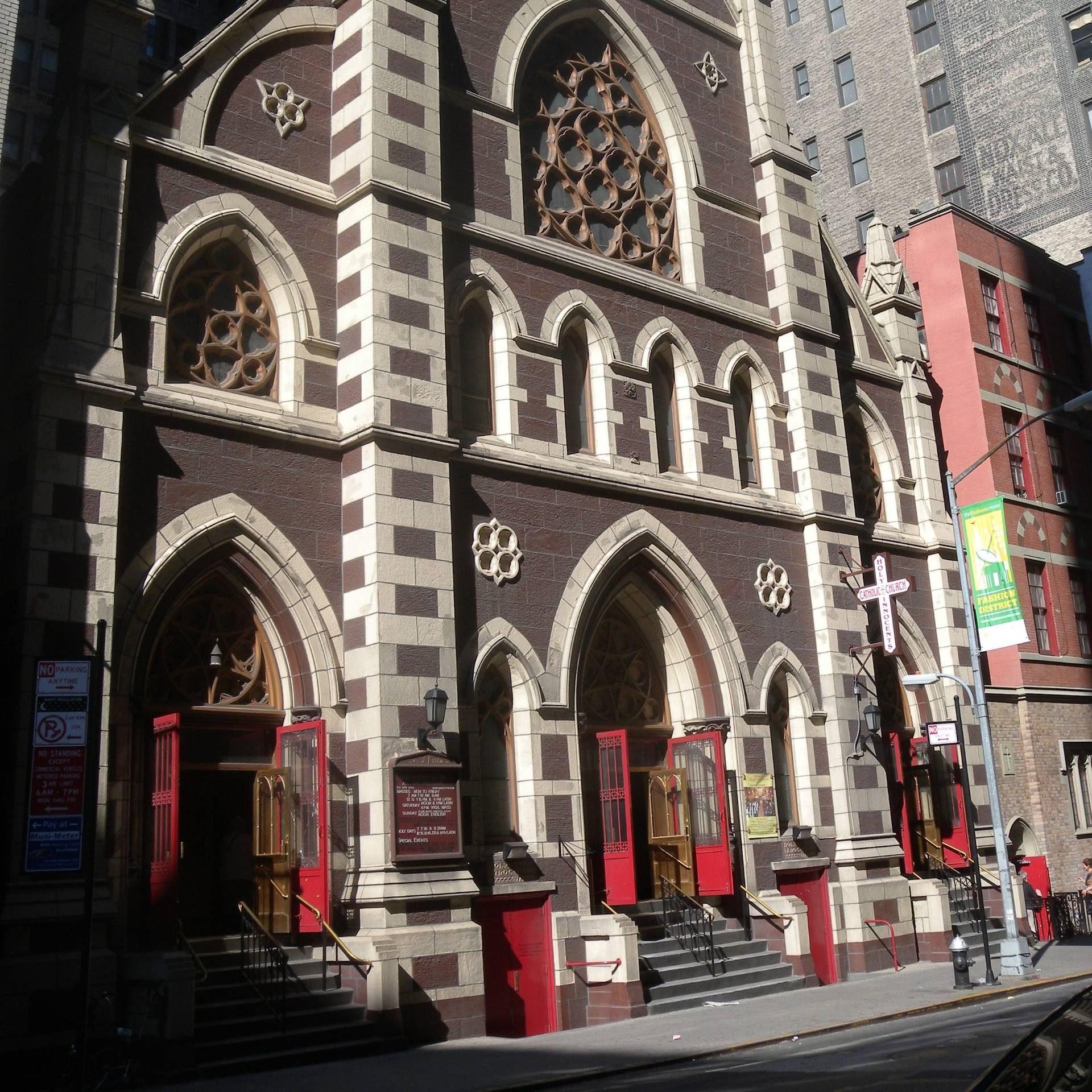As Crux’s Claire Giangravè reported on Friday, Italians are heading to the polls on Sunday in a constitutional referendum that could mark the end for leftist Prime Minister Matteo Renzi. It’s unclear what might ensue, but one scenario is a rise to power by the country’s Cinque Stelle, or “Five Star,” movement, led by former comedian Beppe Grillo.
I know what you’re thinking: This is the farce of Italian politics we’re talking about, so why not make it official and put an actual clown in charge?
Still, the anti-establishment sentiment the Cinque Stelle phenomenon embodies is no joke, and after winning mayoral races in both Rome and Turin in June, it’s clear the movement has become Italy’s most significant opposition force.
Populist, anti-establishment feelings are very much in the air everywhere these days, and in the abstract, I suppose, one could argue that the rise of such a force in Italy should be of no more interest to the Vatican or to Pope Francis than anyplace else.
In the real world, however, that’s total nonsense.
First, below the level of department heads, a strong share of the Vatican’s workforce remains Italian, and naturally what’s happening there looms large in their minds. Second, over the years the Vatican has counted on Italy as a reliable diplomatic partner in international arenas, and won’t want to see that change.
Third, the Vatican and the Italian church have a complicated web of relationships with the state, including the “eight per thousand” arrangement that funnels more than a billion dollars every year from income tax collections into Church operations. As a result, the Vatican worries more about a potentially destabilizing and unpredictable regime in Italy than virtually any other country.
(The fact that Grillo recently floated the idea of compelling the Vatican to pay more in real estate tax on its properties, such as the museums, certainly got several officials’ attention.)
To date, Pope Francis officially has taken a hands-off stance on Italian politics, insisting that engaging national affairs is the role of the local bishops.
(One is obliged to say “officially” because in reality, Francis did involve himself indirectly by naming his own secretary of the bishops’ conference, Bishop Nunzio Galantino, and making it so clear that Galantino is his man that he’s become an alternative point of reference to Cardinal Angelo Bagnasco of Genoa, the elected president of the conference and a figure perceived as more conservative and “establishment”.)
If the Cinque Stelle movement does come to power, however, it could represent an historic opportunity for Francis to take a more direct and personal role in engaging Italian affairs – and through Italy, the changing political universe around the world.
The “rage against the machine” represented by Cinque Stelle is the order of the day, driving virtually every major political choice of consequence the world has seen lately. Francis, meanwhile, is a pope with an ambitious social and political agenda, including ending what he’s described as a “piecemeal” third world war, protecting immigrant rights, defending the environment, promoting a multilateral approach to global affairs, and rejecting what he calls a “throw-away” culture.
Those are compelling ideals, but Francis is sufficiently astute to realize that issuing exhortations, by itself, isn’t enough. He also needs to figure out how to deliver those messages in a way that will cut ice in the current political context, and that’s where Cinque Stelle could be a surprisingly valuable interlocutor.
Among the populist forces gaining ground today, it’s hard to imagine Francis forging real alliances with, say, the UK Independence Party, or the National Front in France. Likewise, while people on both sides will no doubt strive to be cordial, it’s also unlikely there will be much real kismet between Francis’s Vatican and Trump’s White House.
If Francis wants to open lines of communication, Cinque Stelle may be his best bet.
The “five stars” in the movement’s name refer to the five original issues Grillo and his allies stressed: public water, better transportation, sustainable development, a right to internet access and environmentalism. In principle, all are themes Francis could endorse.
There certainly are aspects Francis likely finds troubling, for instance Cinque Stelle’s deep Euro-skepticism, but even on foreign policy there’s common ground, including strong opposition to Western military intervention in Syria aimed to bring down the Assad regime.
Though Cinque Stelle’s line on immigration is ambivalent, in part because of tensions between Grillo and other figures in the movement, it’s at least not clearly the political face of xenophobia in Italy, a role which belongs instead to the Lega del Nord, or “Northern League,” party founded in the early 1990s.
Moreover, there’s a sense in which Francis himself is something of a “populist,” an anti-establishment figure (anti-clerical establishment, anyway) who came to power wanting to shake things up, and who values grassroots sentiment more than he does the views of ecclesiastical elites.
Finally, there’s the core fact that this is Italy, and no matter how much of an upstart Cinque Stelle or anybody else wants to be, they are always going to be constrained to pay attention to popes and to take them seriously.
As a result, there’s seemingly a natural bond waiting to be forged between a populist pope and a maverick movement.
Because Cinque Stelle has street credibility with other populist movements around the world, they could end up helping Francis reach quarters of opinion that might otherwise be inclined to tune him out. Depending on how things break, it could end up as the pope’s nose under the tent, so to speak, on the emerging political landscape.
That scenario, of course, assumes both Francis and Cinque Stelle are interested in having such a relationship, which remains to be seen. In any event, just the prospect of it suddenly makes Sunday’s Italian vote much more intriguing, even outside il bel paese.

















